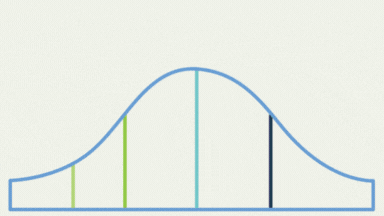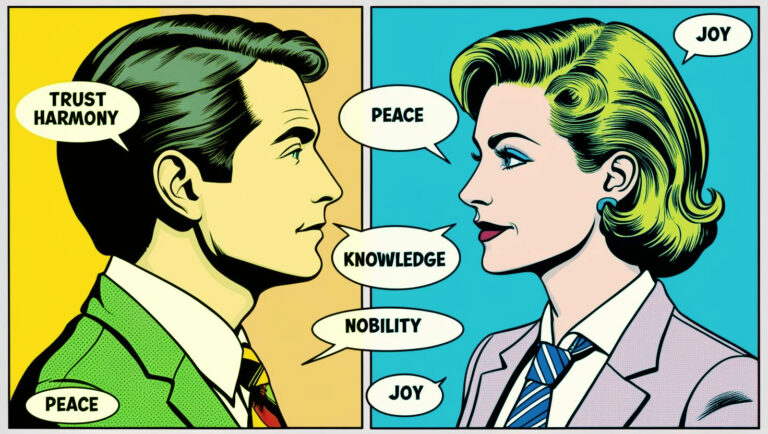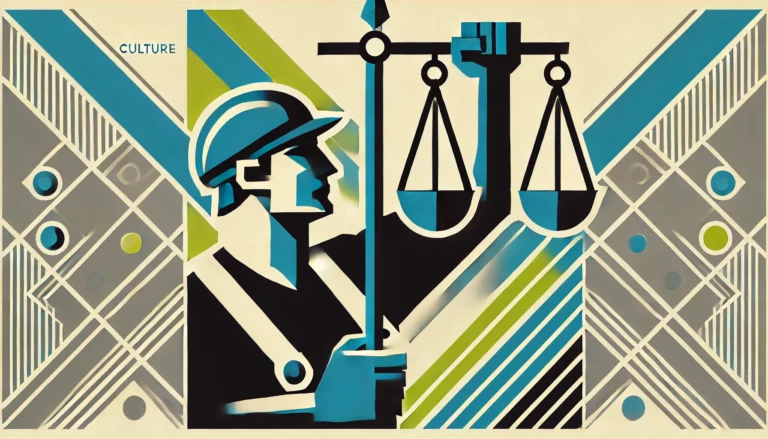-
Hardwiring Values for Peak Performance: A Neuroscientific CEO Playbook
Leveraging the work of Dr. Emily Falk and quantitative HBR data to transform culture from abstract ideas to neurological action.
To build an organization where values are not just aspirational but **biologically embedded** and driving performance, CEOs must move beyond mere compliance. Dr. Emily Falk’s neuroscience of value calculation provides the mechanism,
-
Activating Purpose: How the Three Levels of Values Drive SOPs
Activating Purpose: How the Three Levels of Values Drive SOPs
Transforming routine Standard Operating Procedures into meaningful, high-performance Creational Values, based on Randal Weidenaar’s VP Culture framework.
To achieve profound organizational alignment and harness the **quantitative performance gains** seen in values-driven organizations, leaders must connect their high-level mission to the daily execution of tasks.
-
Values Deficit: 100 Year Old Cure for Gen Z’s Meaninglessness at Work
Imagine Maya, bright, eager, fresh from her studies. She walked into “InnovateCorp” buzzing with the kind of energy that could power a small city. Their website, a symphony of inspiring stock photos and bold pronouncements, sang of “Integrity, Collaboration, Impact!” These weren’t just words to Maya; they were a promise.
-
The Law of Diffusion: Why Effective Change Starts with the First 16%

Who are Tipping Point (TP) People? Organizational change doesn’t fail because people are unwilling. It fails because leaders often speak to the wrong people first. The Law of Diffusion of Innovation shows us that change doesn’t spread evenly—it spreads through specific groups of people,
-
Literature Review: The Influence of Culture on Individual Conformity to Normative Group Behavior
Culture exerts a profound influence on human behavior, shaping how individuals perceive themselves, relate to others, and act in social contexts. Defined as the shared values, norms, beliefs, and behaviors within a group, culture serves as a regulatory force that guides individuals toward conformity with group expectations (Gelfand, Nishii, & Raver, 2006). This section reviews empirical and theoretical research from the past two decades that demonstrates how cultural norms influence individual conformity and explores the psychological and social difficulties associated with resisting such influence.
-
The Impact of Values-Based Discussions on Organizational Performance: A Systematic Literature Review
Abstract
This paper examines the role of values-based discussions in organizations and their influence on engagement, retention, burnout, productivity, and innovation. Through a systematic review of academic literature and empirical studies, this paper compares organizations that actively engage in values discussions with those that neglect them. Findings demonstrate that organizations prioritizing values-based leadership experience higher employee engagement,
-
Culture Change Starts with a Story.
The Power of a Change Story in Organizational Transformation
Organizational change is one of the most challenging endeavors for businesses, yet the incorporation of a well-crafted change story significantly enhances the likelihood of success. Research from McKinsey & Company and other thought leaders in organizational psychology underscores the transformative power of a clear,
-
The Tipping Point of Culture: How to Tip into Exponential Growth—and Stay Out of Stagnation and Toxicity with VP Culture Science
Introduction: The Science Behind the Tipping Point of Culture
In the world of organizational leadership, culture is not static—it evolves based on values, emotions, and interactions. While many leaders strive for gradual improvements, research reveals that true transformation happens at a critical tipping point. This threshold marks the shift from incremental improvements to exponential cultural growth.
-
Semantic Coverage of Positive Conscious States: A Comprehensive Framework Using Six Core Values
The Research Behind VP Culture’s Six Core Values, An Introduction
Abstract
This study proposes and evaluates a framework to describe the semantic sphere of positive conscious states through six core values: Trust, Harmony, Peace, Wisdom, Nobility, and Joy. These values are further detailed through sub-values,







